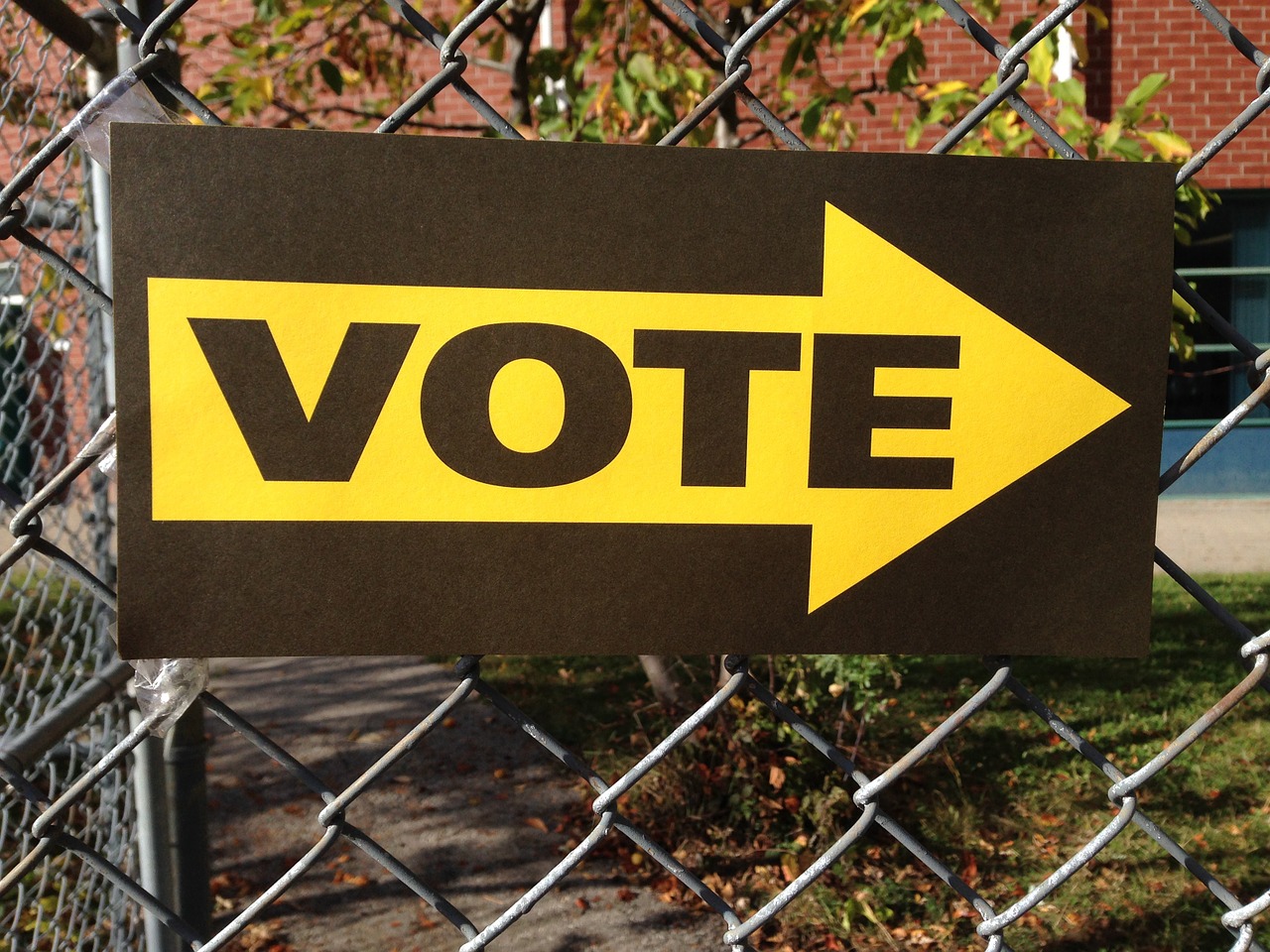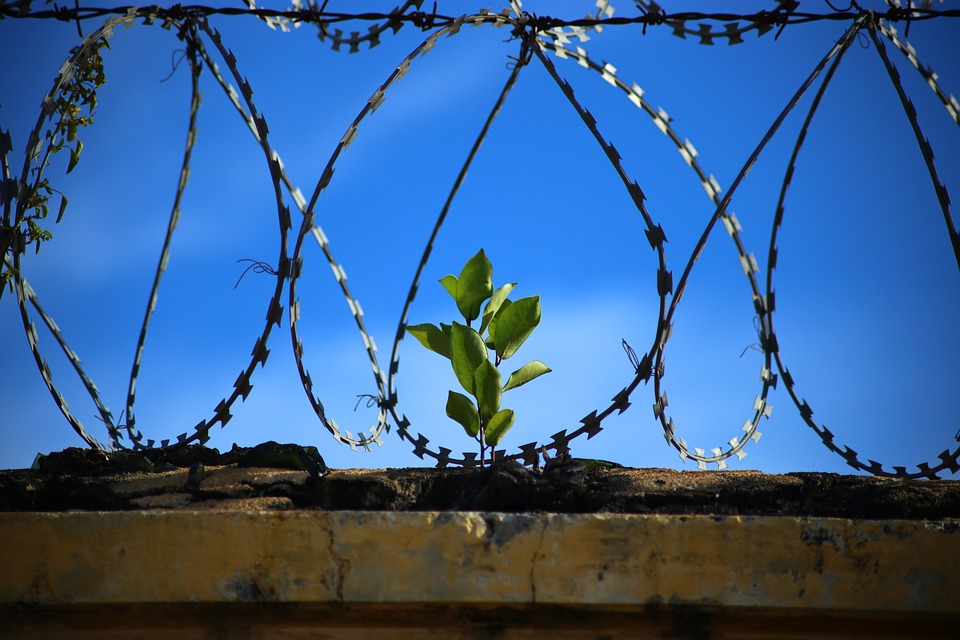Prisoners and human rights: the relationship has not always been an easy one. Some people think that if you violate society’s rules by committing a crime, then you forfeit your rights to society’s protections.
However, throughout the UK’s history, this logic has been chipped away at. It has been agreed that there are some practices that are so abhorrent that people cannot be subjected to them no matter what that person has done. For example, the UK courts have accepted since the 15th century that no one should be tortured, in any circumstance. Equally, a more holistic view of crime and prisoners has developed over time, meaning prisoners’ crimes are understood in a wider, societal context.
Fast-forward to the 1950s. The European Convention on Human Rights set out a new human rights framework for a modern, democratic society. So let’s take a look at how this international treaty, which is still in force today, both protects and restricts prisoners’ human rights.
Let’s start at the very beginning

The most basic principle of human rights is that they apply to everybody. This is because they apply to anyone that is ‘human’. This means human rights are afforded equally to prisoners.
However, the European Convention on Human Rights (ECHR) recognises that there are situations where some rights can be restricted if they are outweighed by the interests of society. For example, where it is in the interests of national security to invade someone’s privacy, or to limit someone’s free speech rights to prevent another person getting hurt. Equally, the ECHR recognises that committing a crime can legitimately result in a person being deprived of their liberty.
Are there any rights that can’t be taken away from prisoners?
Yes. The following rights are recognised in the ECHR as being absolute, and the state cannot restrict them in any circumstances:
- the right to life (Article 2)
- the prohibition on torture (Article 3)
- the right to a fair trial (Article 6)
- freedom from slavery (Article 4)
- protection from retrospective laws (Article 7)
These protections are particularly important for prisoners, who are in the state’s custody and are therefore especially vulnerable to ill-treatment.
What limits can be placed on prisoners’ rights?

As mentioned above, the right to liberty is not the only right in the ECHR that can be forfeited if a person has been fairly convicted of a crime. Other rights can be restricted if this is necessary for public safety or the prevention of crime (among certain other reasons – check out the ECHR itself to have a look), and if the restriction is a proportionate means of achieving that aim.
Other rights that can be restricted include:
- Freedom from forced labour – prisoners are often expected to work as part of their punishment (but can’t be made to if unfit, or their religion forbids this on certain days)
- Privacy – prisoners can be stopped and searched at any time
- Property – prison staff can put restrictions on what you can keep in your possession
- Privacy – prisoners’ phone calls and correspondence may be monitored
- Education – prisoners under 16 should have 15 hours education per week, but this can be restricted for safety or security reasons
What rights do prisoners have in the UK?

Prisoners are entitled to have their right to property respected, so their property needs to be looked after. They can also apply to be transferred to a prison which is closer to their family if a space is available, in accordance with the right to respect for family and private life.
Human rights law has been important for establishing new rights and the limits of existing rights for prisoners. For example, in a case involving a prisoner called Mr. Daly, it was established that prisoners have to be present when their legal correspondence is being read by prison staff.
Are there any areas of controversy?

Prisoner voting is too large a topic to explore fully here. However, the question of whether it is right to prevent prisoners from voting is likely the most controversial prisoner rights issue in the UK.
The European Court of Human Rights has now considered this question six times and each time has concluded that the UK’s blanket ban on all prisoners taking part in elections violates the right to free elections and is not defensible on grounds of the prevention of crime. Although the judgment indicates that it would be lawful to allow only a small category of prisoners to vote, to date the UK has still not changed the law on this issue.
- Read all about the Daly case here
- Did you know letting prisoners speak to journalists can prevent miscarriages of justice?
- We do posters. Here is our jazzy fair trial rights poster.
- Mr Hirst wanted to vote, but was prevented from doing so because he was a prisoner. Read his story here.







